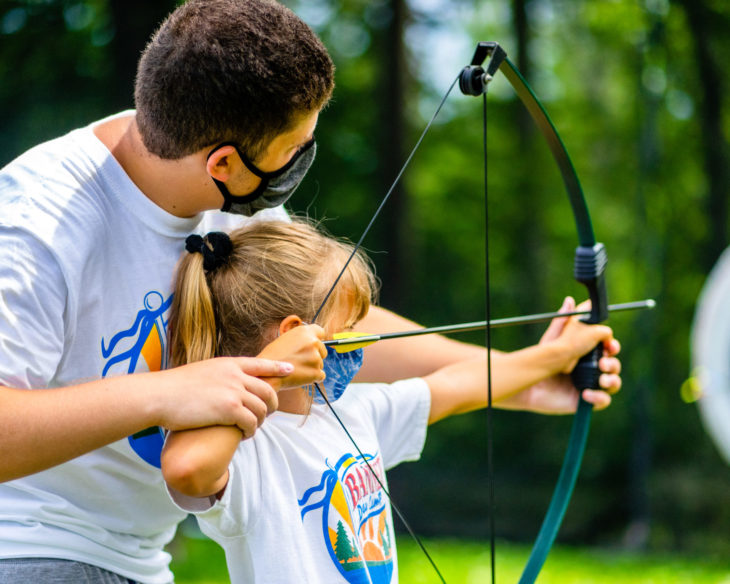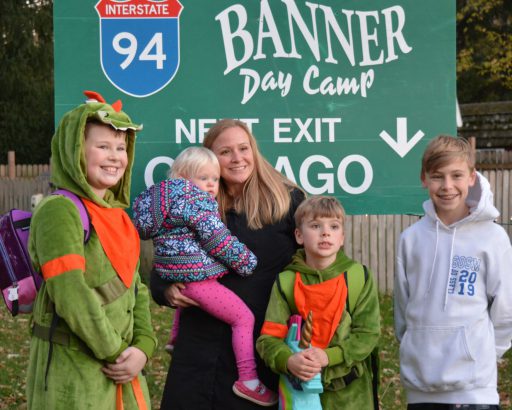Missing the Message? How Masks Challenge Our Ability to Connect.

One of the most significant benefits of spending a summer at Banner is the development of strong communication skills. The summer camp experience allows campers to naturally improve their abilities to communicate with their peers and staff. Even in the midst of COVID, our outdoor setting provides safer space to be together without masks. When communication challenges arise, our trained staff and leadership are right there with the campers to help them be effective advocates for themselves, develop conflict resolution skills and communicate with empathy. While this is important every year, communication has become even more challenging with the emergence of masks for the health and safety of our communities.
As our children continue their third “COVID” school year, we are even more aware of the challenge ahead of us this summer. We all can agree that we lose information about another person’s emotions when they are wearing a mask. Studies suggest that the upper and lower halves of the face work together to communicate emotion. According to Dacher Keltner, a UC Berkeley psychologist and cofound of the Great Good Science Center, “in losing the lower portion of the face, we lose enormous amounts of information about another person’s emotion.” Research also finds, that for some people, it may be increasingly difficult to establish trust with someone who is wearing a mask.
We, as adults, have a unique opportunity to help our children read important social cues like body language, hand gestures and tone to interpret meaning. Here are a few simple tips to help your child:
1. Find times for your child to safely interact with others without wearing a mask.
Spending time outdoors with family and friends can be a safe way for your child to interact without a mask. It’s important to provide these opportunities to be “maskless” to provide opportunities experience more natural communication. At Banner, all activity times take place outdoors allowing campers to play and communicate without masks. What children experience – from tone of voice to facial expressions – when not wearing masks impacts their ability to decode expression even when masks are introduced. (For example, by seeing how someone’s eyes react when smiling, they are able to recognize a smile even when a mask is being worn.
2. Face your child when you speak to them (even when you aren’t wearing a mask).
This simple step helps children recognize emotions with face cues. Long before babies can talk, we communicate with them by making eye-contact and facial cues. Continuing this practice as children grow allows them to correlate spoken words with facial expressions.
3. Be clear and concise when speaking and use your tone to express emotions.
Express your feelings by using the tone of your voice and concise language. In tandem, these become clear social cues for children. Modeling explicit expression of emotions helps children feel confident to do the same as they head to school or back into the camp community. This an important strategy – masks or no masks, child or adult – for effective communication.
4. Teach your child how to interpret and understand body language.
Think about what you do, or your child does, with their body to express excitement or sadness and practice this at home. For example, a child who is feeling excited might start bouncing or dancing around while a child who is impatient might tap their feet. A child who is squinting might be focused on something or bothered by something.
5. Demonstrate connection, warmth and engagement.
Make an effort to be friendly and warm (maybe even more than normal) to help overcome the impediment of a mask. The challenge and increased brain power it takes to communicate with masks can leave all of us, especially children, more tired. Be kind and understanding. A little love goes a long way!
By practicing these skills at home and finding time for your children to practice communication without masks, they will develop effective communication strategies for now and all future situations.


